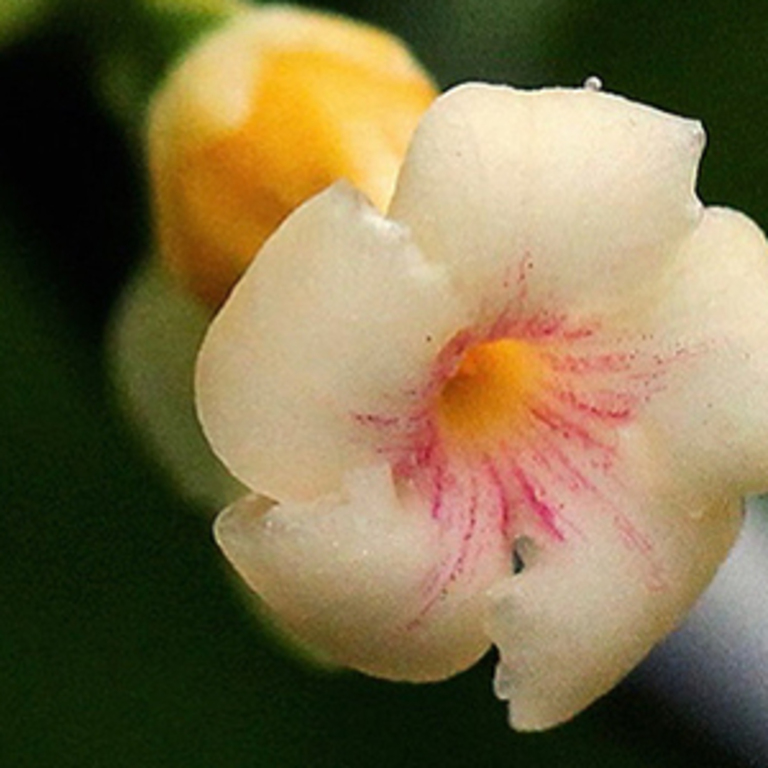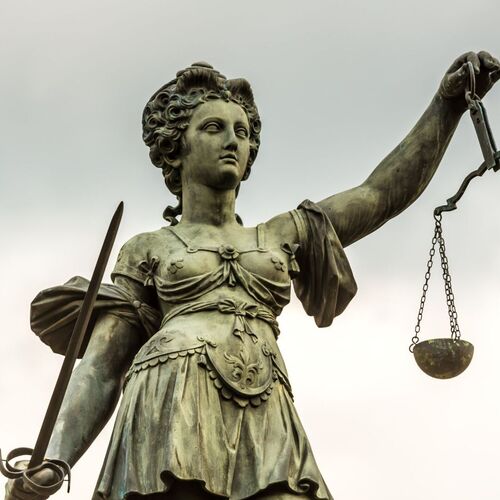Iboga and the Law
Information
Iboga is still illegal in many nations, however there are a few locations where it is currently possible to seek treatment legally. For this reason it’s likely that you will have to travel, in order to receive the best standards of care.
In the US, Ibogaine is classified as a Schedule 1 substance, meaning it is illegal to manufacture, distribute, or possess it. The American authorities fail to recognise the medicinal value of Ibogaine, in spite of overwhelming evidence and decades of activism pushing for reform.
In Canada, while not scheduled, ibogaine is not approved for medical use, limiting its legal accessibility. Some providers operate in a legal grey area in Canada.
Mexico is perhaps the global hotspot Ibogaine treatment. In Mexico it is legal and many clinics and providers operate here.
In Brazil Ibogaine is legally used in some therapeutic settings for addiction treatment.
In New Zealand Ibogaine can be legally prescribed by doctors under strict guidelines.
In Portugal Ibogaine is decriminalised for personal use and there are clinics and providers who operate in the country, although ibogaine is not available through the mainstream medical channels.
Here in the UK, where I am based, Ibogaine is criminalised under the psychoactive substances bill, meaning that it is illegal to possess or provide Ibogaine or Iboga. Fortunately my work is not impacted, as I work exclusively in the realm of psychological support for people who have made their own decision about the treatment.
Although Iboga is criminalised in many nations, there are underground providers who contradict these laws, in order to help people. Some of these people are, well motivated, highly skilled and competent and others are perhaps less trustworthy. It is very important however you choose to approach your treatment, that you take caution to choose your provider carefully and I strongly advise avoiding transgressing laws.





